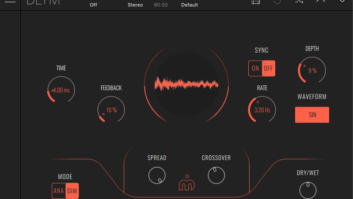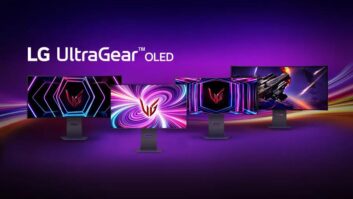By Amy Gilroy & Doug Olenick
Computer manufacturers and retailers are taking opposite views of the subsidized and free PC hardware offers that are gaining momentum in the marketplace. IBM and Compaq have expressed interest in developing some form of the subsidized model, company executives said, but neither has made any definitive announcement.
Retailers are taking a dimmer view, with some seeing the new business model as a potential threat to low-end PC sales and others as nothing more than a baffling nuisance.
“We are taking it very seriously,” said John McArdaragh, IBM’s VP of worldwide marketing for the Aptiva brand. “But it is an emerging market, and we are still trying to understand if there is a place for us there. We haven’t seen whether it will work, but we believe there is something compelling about it.”
There are two basic formats being introduced to consumers. The first gives away the PC, but subsidizes the cost via onscreen advertising that the end user is forced to view. The second signs consumers up for a multi-year commitment to pay a fixed monthly charge.
IBM is studying the permutations that are being rolled out by other companies, McArdaragh said. Of particular interest are those based on a model where an entire solution, including ISP connection, is offered at a competitive monthly price. IBM’s research has found that first-time buyers and consumers looking for technology at an affordable price are candidates for a free PC offer and are likely to purchase a PC in the future.
Compaq’s plans are even less defined. Mike Larson, Compaq’s group general manager and VP for consumer products, said during a press conference that the company was interested in the subsidized market but gave no further details.
Not all vendors see a need to dive into this area. Pionex, for example, will avoid the issue entirely, said sales VP Steve Smith. “The problem here is you’re betting on the customer staying on for three years. What happens if they leave?” Taking care of that situation is costly and beyond Pionex’s ability, he said.
Proteva CEO/president Bill Lynch noted that restrictions and penalties on free PCs are not for everyone, and even sub-$400 PCs are difficult to find on the web or in stock on store shelves.
“With Microworkz, the PCs are $299, but you have to add $99 for a CD and a floppy and $19.95 for amplified speakers and $75 for shipping, and you only get a limited warranty,” Lynch said. “So without an upgrade warranty you’re at $492.”
Retailers were even less enthusiastic about these developments and are keeping a wary eye on the performance of programs from such companies as FreePC.com, Hand Technologies and Microworkz.
Steve Hassell, PC buyer for American Appliance, Pennsauken N.J., expressed concern regarding DirectWeb’s test of a free PC in the Philadelphia marketplace.
DirectWeb is supplying a free PC and monitor to consumers who pay a $150 deposit, refundable after one year, and a $19.95 monthly charge for online service. The company plans to go national late in the third quarter.
“I’m evaluating it now,” said Hassell. “We have a lot of work to do. It’s another sales channel that can bleed off the volume of retail, and it may be particularly painful in that we’ve had a lot more customers at the sub-$1,000 [level].
“This has got to devalue the hardware even more. What value can you create, even if you’re a good retailer, when you’re sitting here with a product at $699, and you can get it free on the web?”
Other retailers are simply confused over the multitude of offerings.
Jackie Trilling, merchandising and marketing VP for CompuTech, Maple Shade, N.J., said he ordered a free computer from DirectWeb “just to see what its all about. It’s all very baffling to me. It appears to be below cost on all SKUs for a two-year commitment to service at $19.95, which equals $480.”
“I find the whole thing fishy unless they are making a ton of money on the advertising,” Trilling concluded.
Most retailers agree the wholesale, break-even price of a typical 300MHz, 32MB PC is $400.
Tom Peal, merchandise manager for Nebraska Furniture Mart, Omaha, Neb., said consumers can still get more value from the low-cost PCs sold on store shelves.
Regarding the free-PC offers Peal said, “I don’t think it will be as big as everyone thinks, with the prices down where people can get a computer for $300 to $400 here and then pick their own service provider… If it gets to where they are paying to give them away, I will.”
Industry analysts claim that aggressive e-commerce will pose a greater threat to retailers this year than free PCs.
Adam Levin, president of Levin Consulting, Beachwood, Ohio, said, “Retailers are much more concerned with online in general than free PCs because online retailers take items that are growing fast, that traditional retailers can make money on like digital cameras and PalmPilots, and shifts that over to the Internet. That will be the crucial battle over the next 12 months.”













